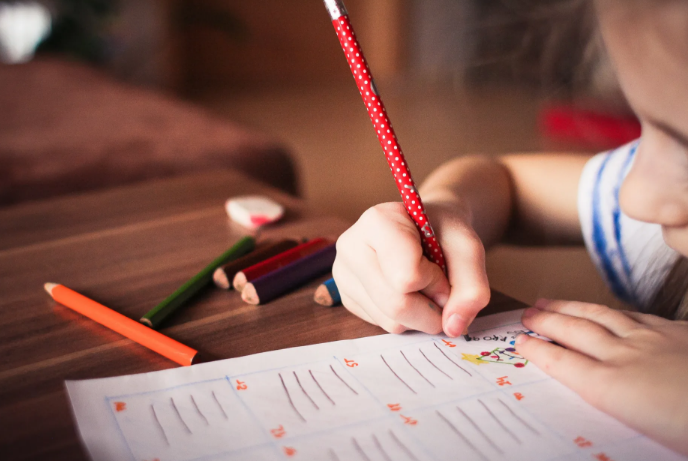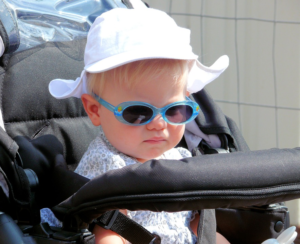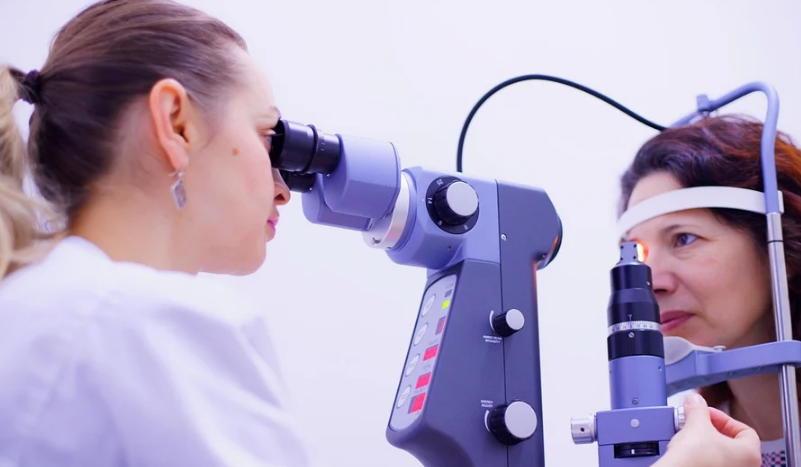Visual impairment in kids frequently accompany other diagnoses like genetic syndromes, prematurity, and neurological issues. According to Econotimes, mild visual impairments can go undetected since the kid can observe things, even though not clearly. These infants may view contrasting vivid colors more readily than soft colors. Since excellent eyesight is a simple necessity for academic performance and social interaction and affects every part of a child’s lifetime, regular eye exams are essential.
Basics of Pediatric Eye Care
Pediatric eye care begins with a test known as the red reflex test to assess whether the eyes are regular and at risk for vision ailments. In babies and toddlers, routine screening helps diagnose strabismus or lazy eye and also difficulties with focusing. In developing children, fantastic eyesight is a necessity for proper growth, both psychological and physical. Whether there are eyesight problems, discovering them early can guarantee timely therapy. Besides regular eye exams, a reputable ophthalmologist offers treatment and care for an assortment of sight-related issues in children. The ophthalmologist has the skill to diagnose the need for eyeglasses based on a complete eye health evaluation.
Benefits of Early Pediatric Eye Care
 The doctor uses a retinoscope to inspect the eye to choose a therapy plan and write a prescription for eyeglasses if needed. Pediatric care is vital, particularly for young kids, as visual abilities are the basis for success in educational activities, sports, and interaction with other individuals. Early diagnosis will help in ensuring that issues, if any, have a higher probability of recovery.
The doctor uses a retinoscope to inspect the eye to choose a therapy plan and write a prescription for eyeglasses if needed. Pediatric care is vital, particularly for young kids, as visual abilities are the basis for success in educational activities, sports, and interaction with other individuals. Early diagnosis will help in ensuring that issues, if any, have a higher probability of recovery.
Any problems can be recognized and handled before they become worse. Ophthalmologists have access to the essential technology and specialized tools to examine the eye entirely and diagnose ailments such as astigmatism, nearsightedness, and farsightedness and advocate the ideal therapy.
Bottom Line
Timely eye checks guarantee proper growth. A proficient pediatric eye care doctor is qualified to track the child’s eyes and monitor their progress. This has to be performed at least once each year, even if there’s nothing wrong with the child’s vision. If there’s an issue, routine follow up and treatment could fix it. Since young children can’t convey their eyesight is impaired, it’s essential to schedule regular visits to the ophthalmologist.

